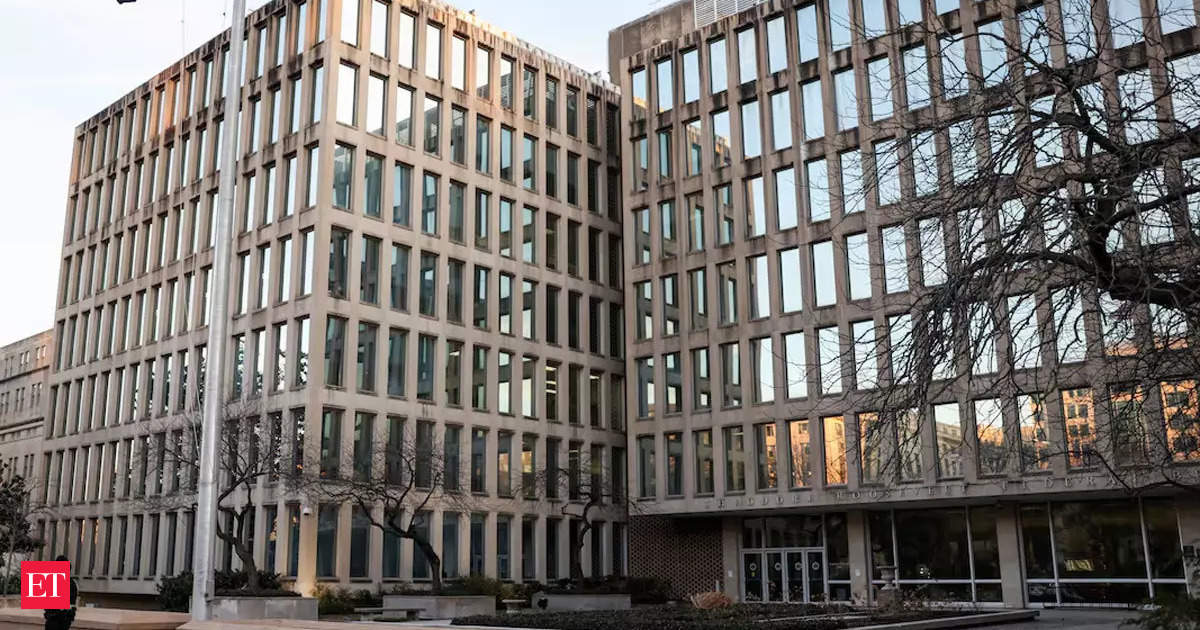Experts have highlighted the inadequate implementation and enforcement of existing rules as the weakest link in the fight against air pollution in Delhi-NCR. They suggest that real action should be taken to address vehicular pollution, industrial emissions, waste burning, and construction/demolition dust, rather than focusing solely on episodic events like stubble burning. The experts emphasize the need for effective implementation and strict enforcement of rules and regulations to tackle air pollution effectively. They argue that a temporary emergency measure like the Graded Response Action Plan (GRAP) is not enough and call for long-term solutions.
Air pollution has been a major concern in Delhi-NCR, with the region consistently experiencing poor air quality. While measures like the odd-even scheme and the ban on crackers during Diwali have been implemented in the past, experts point out that these are short-term solutions and do not address the root causes.
One of the major sources of air pollution in Delhi-NCR is vehicular emissions. The increasing number of vehicles on the roads and the lack of effective public transport infrastructure contribute to the problem. Experts suggest that strict enforcement of emission norms and promoting the use of electric vehicles can help reduce vehicular pollution. They also emphasize the need for better urban planning to reduce congestion and promote walking and cycling.
Industrial emissions are another significant contributor to air pollution. Experts emphasize the need for industries to adopt cleaner technologies and strictly adhere to emission norms. They suggest that regular monitoring and strict penalties for non-compliance can help reduce industrial pollution. In addition, measures should be taken to encourage the use of cleaner fuels and promote energy efficiency.
Waste burning, including the burning of crop residue, is a major source of air pollution in Delhi-NCR. Experts suggest that effective waste management practices should be implemented, including recycling and composting. They also call for penalties for those who engage in waste burning.
Construction and demolition activities also contribute to air pollution due to the release of dust particles. Experts recommend the use of dust control measures, such as covering construction sites and using water sprays. Stringent enforcement of guidelines and penalties for non-compliance can help address this issue.
While episodic events like stubble burning receive significant attention, experts argue that focusing solely on these events is not enough. They stress the need for a comprehensive approach that tackles all sources of pollution. This includes long-term strategies and strict enforcement of rules and regulations.
In conclusion, experts highlight the need for effective implementation and enforcement of existing rules to address air pollution in Delhi-NCR. They emphasize the importance of taking action to address vehicular pollution, industrial emissions, waste burning, and construction/demolition dust. The experts argue that focusing solely on episodic events like stubble burning is insufficient and that long-term solutions and strict enforcement of rules are crucial to tackle air pollution effectively.










